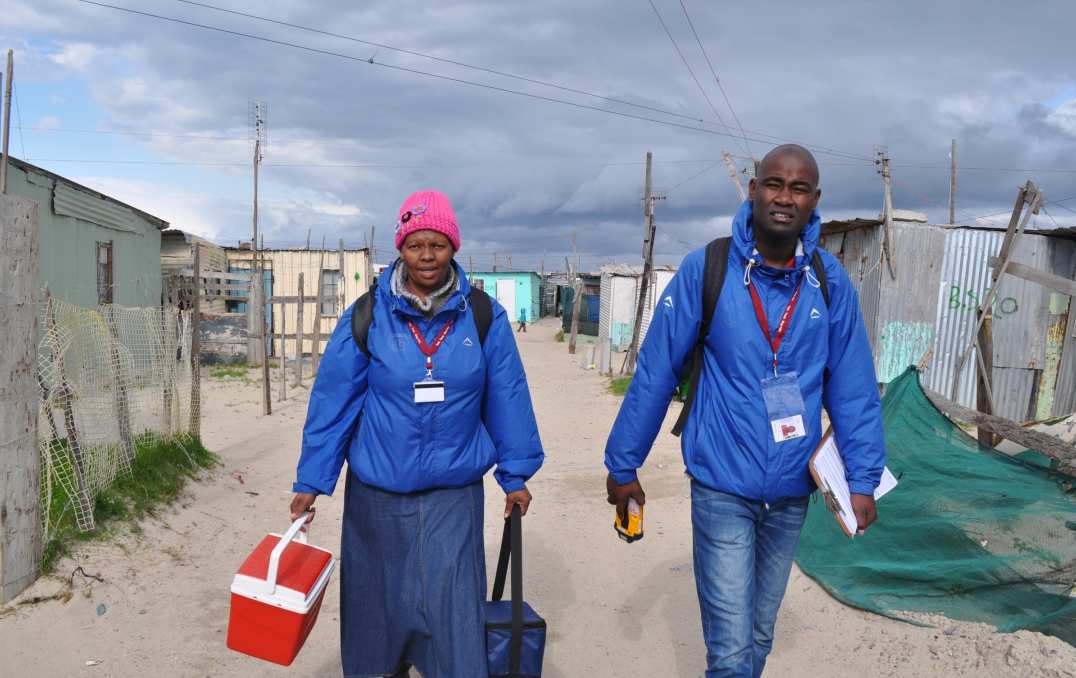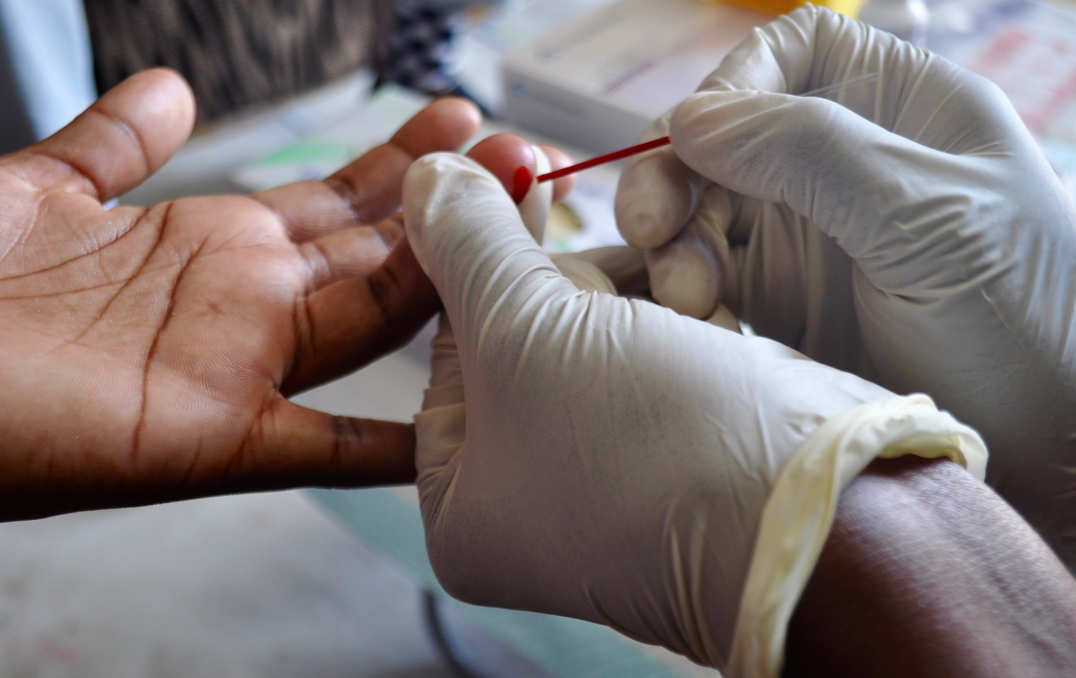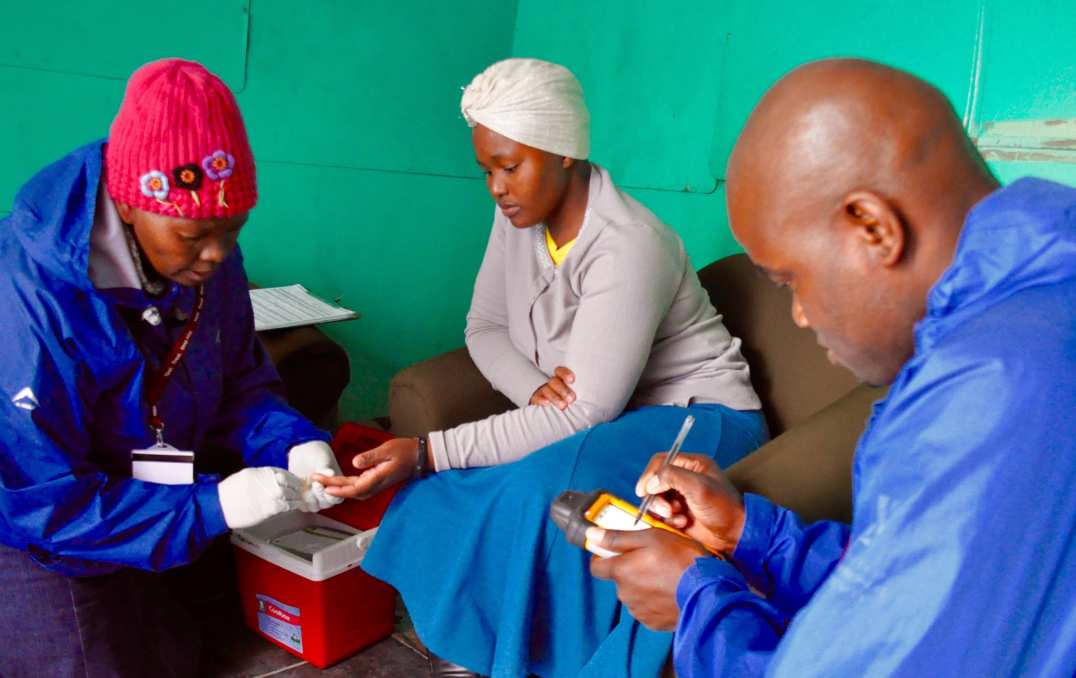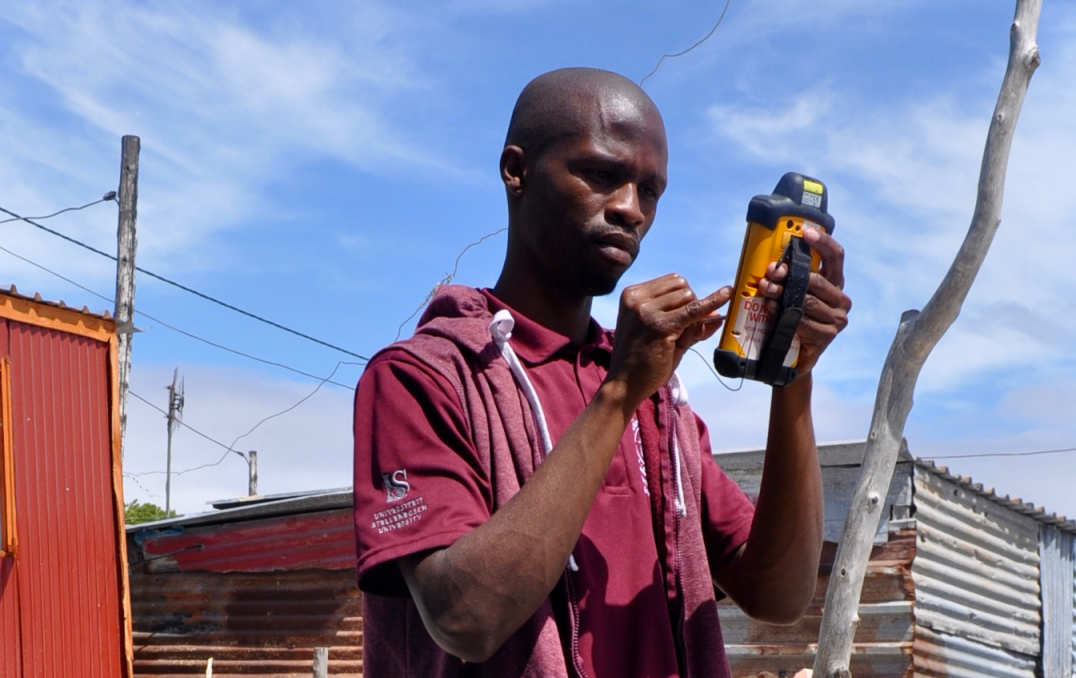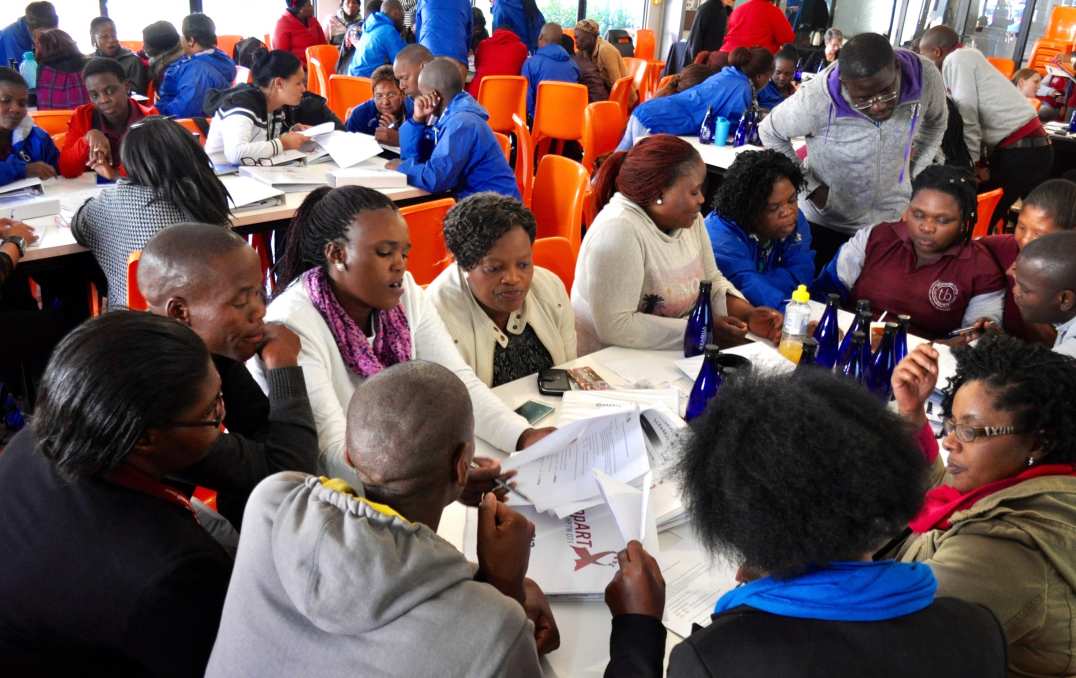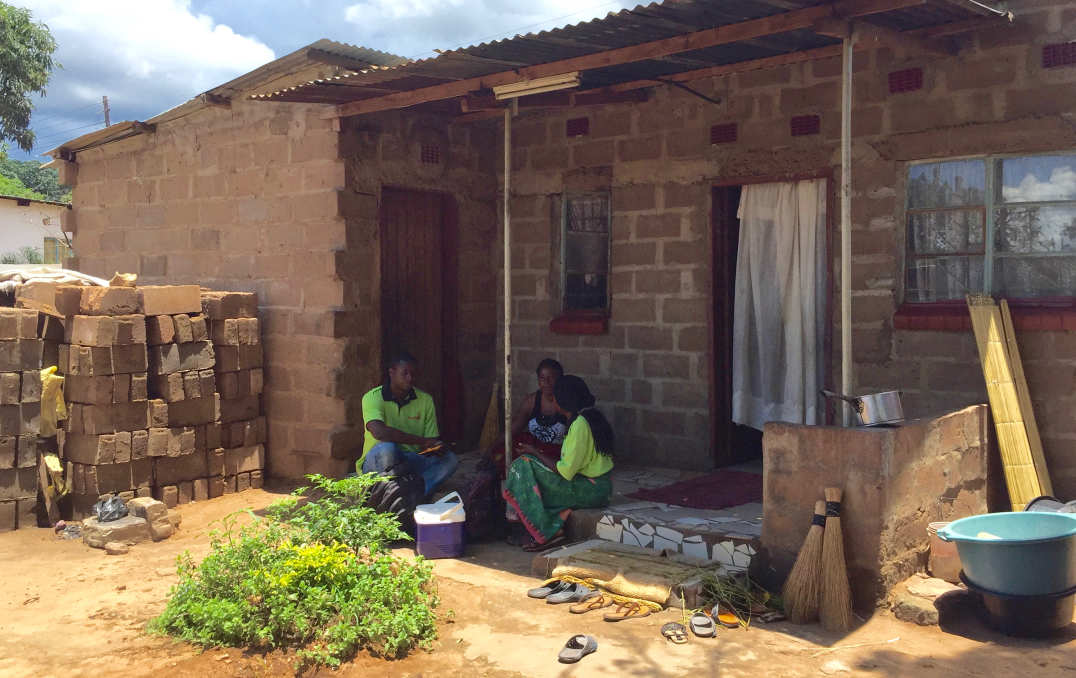Scientists join forces to fight TB and HIV in EUR 12.9 million TREATS trial
by Kate Wighton
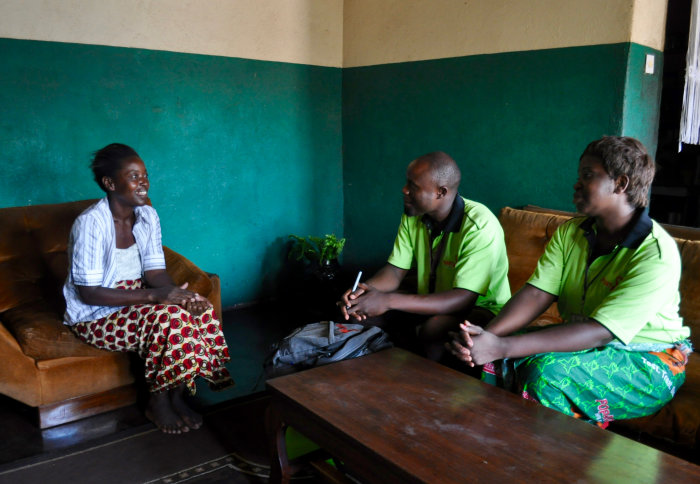
Researchers have launched a ground-breaking new trial to assess the impact of combined testing and treatment for HIV and tuberculosis.
The EUR 12.9 million project, featuring a number of international institutions including Imperial College London, will measure the impact of combined tuberculosis (TB) and HIV interventions on over one million people in communities across Zambia and South Africa.
TB and HIV are the leading infectious causes of death worldwide – TB kills 1.7 million people, while around 1.1 million people die of HIV every year.
"The TREATS project will now show us how much this approach can affect the number of cases of TB.” Professor Sarah Fidler Project coordinator
For people living with HIV, TB is the most significant co-infections – nearly half of HIV deaths in 2016 were due to TB.
The TREATS project [Tuberculosis Reduction through Expanded Anti-retroviral Treatment and Screening] has been launched to find ways to tackle this.
The programme follows a four-year trial, called PopART, which offered annual universal testing and treatment for HIV and TB through house-to-house visits.
Professor Sarah Fidler, project coordinator from the Department of Medicine at Imperial explained: “The PopART trial has just completed the final round of house-to-house HIV and TB testing, and provided support for any individuals found to be positive. From this trial we know that uptake of house-to-house HIV testing was very well accepted and coverage of treatment for all those found to be living with HIV was markedly improved. However the impact this approach has on the number of new HIV transmissions and cases of TB remain unknown.
"The TREATS project will now show us how much this approach can affect the number of cases of TB.”
Professor Fidler adds that TREATS aims to inform new policies and approaches for tackling the TB / HIV epidemic.
Ending TB deaths by 2035
As the World Health Organisation has announced a goal to end TB deaths by 95 per cent between 2015 and 2035, the team hope TREATS will provide invaluable new information for accelerating effective interventions.
TREATS is being conducted by a consortium of organisations, including the London School of Hygiene & Tropical Medicine, Imperial College London, Zambart, KNCV Tuberculosis Foundation, The University of Sheffield, the International Union Against Tuberculosis and Lung Disease (The Union), Health Systems Trust, Delft Imaging Systems and QIAGEN.
Dr Helen Ayles, TREATS Project Director, Professor of Infectious Diseases at London School of Hygiene & Tropical Medicine, and Research Director at Zambart added: “TREATS is a unique opportunity to assess a combined TB and HIV intervention on a massive scale. It will provide amazing data and hopefully some practical solutions to end TB. TB is a curable illness, but in order to better reach people with treatment, we need to understand the epidemiology of the disease better.”
-
The EUR 12.9 million project is part of the European & Developing Countries Clinical Trials Partnership (EDCTP2 programme) supported by the European Union.
Article text (excluding photos or graphics) © Imperial College London.
Photos and graphics subject to third party copyright used with permission or © Imperial College London.
Reporter
Kate Wighton
Communications Division
